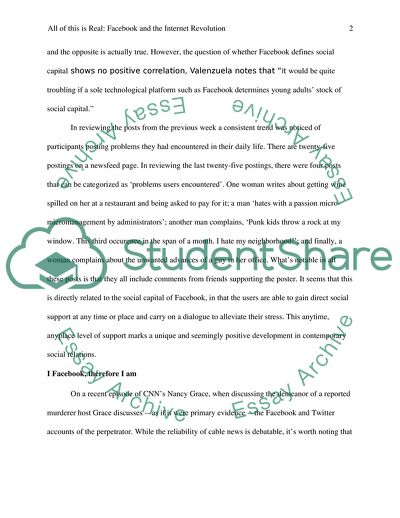Cite this document
(All of this is Real: Facebook and the Internet Revolution Essay, n.d.)
All of this is Real: Facebook and the Internet Revolution Essay. https://studentshare.org/technology/1728941-linguistics-lives-online-research
All of this is Real: Facebook and the Internet Revolution Essay. https://studentshare.org/technology/1728941-linguistics-lives-online-research
(All of This Is Real: Facebook and the Internet Revolution Essay)
All of This Is Real: Facebook and the Internet Revolution Essay. https://studentshare.org/technology/1728941-linguistics-lives-online-research.
All of This Is Real: Facebook and the Internet Revolution Essay. https://studentshare.org/technology/1728941-linguistics-lives-online-research.
“All of This Is Real: Facebook and the Internet Revolution Essay”. https://studentshare.org/technology/1728941-linguistics-lives-online-research.


